The day after the Federal Reserve's significant interest rate cut, the latest unemployment data reinforced investors' confidence in an economic "soft landing," leading to a surge in U.S. stocks.
The Dow Jones Industrial Average broke through 42,000 points for the first time overnight, while the S&P 500 closed above 5,700 points, both setting new intraday and closing highs, and the Nasdaq Composite rose as much as 3%.
However, Jeffrey Jaensubhakij, Chief Investment Officer of Singapore's sovereign wealth fund GIC, warned that the market boom following the Fed's substantial rate cut on Wednesday might be fleeting amid rising inflation risks.
Speaking at the 2024 Milken Institute Asia Summit, he said: "Currently, we are in the midst of it, enjoying the current rise.
But be prepared, the labor markets in the U.S., Europe, and Japan are very tight, and inflation risks may come back faster than expected."
Jaensubhakij pointed out that as the U.S. election approaches, politicians might introduce unnecessary stimulus measures to win votes.
He also mentioned that many companies supported by GIC need to borrow funds and hope to see further interest rate cuts.
At the same time, Jaensubhakij further emphasized the significant divergence between the current U.S. stock and bond markets regarding the economic outlook: the bond market is sending signals of an "economic recession," while the stock market is conveying expectations of an "economic acceleration."
Only one of them can be correct.
He said: "To some extent, the bond market's signal is that interest rates need to drop significantly as if entering a recession.
On the other hand, the stock market believes that the economy will re-accelerate and corporate earnings will rebound.
Only one of them is right.
In fact, since the Fed's FOMC meeting in July, the U.S. bond and stock markets have been severely 'divorced,' each in its own world."
Regarding Thursday's surge in U.S. stocks, some analysts believe that the unexpected drop in the number of initial jobless claims in the U.S. to a four-month low on that day strengthened investors' confidence in the Fed's ability to achieve an economic "soft landing."
However, several analysts have expressed skepticism about the continued rise of U.S. stocks.
Some comments suggest that Thursday's market performance was more of a transactional reaction to Fed Chairman Powell's policy stance rather than the actual impact of monetary policy.
Charlie Ashley, Portfolio Manager at Catalyst Funds, noted that the market's short-term trend after the Fed's interest rate announcement is usually unstable and irrational.
Tom Lee, one of the most optimistic bulls on Wall Street and Head of Research at Fundstrat Global Advisors, also believes that the Fed's rate cut cycle has laid the foundation for the strength of U.S. stocks in the next one to three months.
However, as the November U.S. presidential election approaches, he does not fully believe that U.S. stocks will continue to rise, and there is still a lot of uncertainty in the U.S. stock market trend.

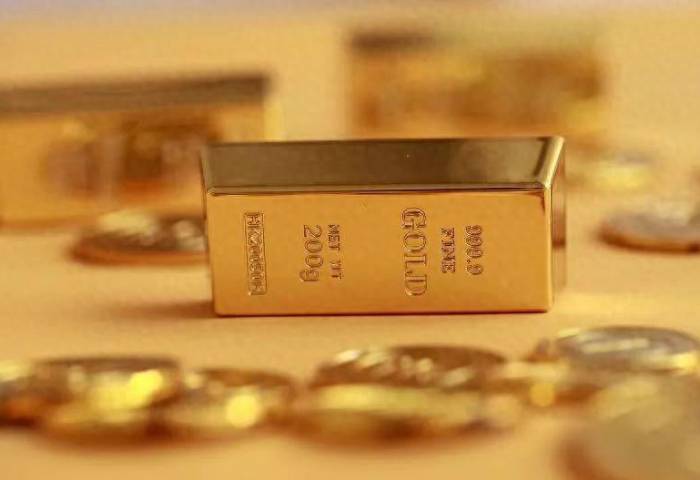

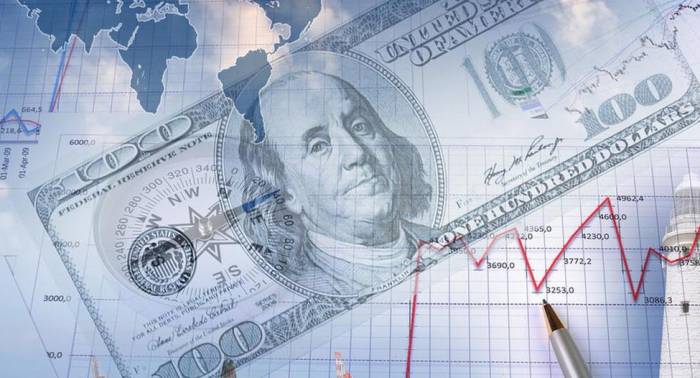
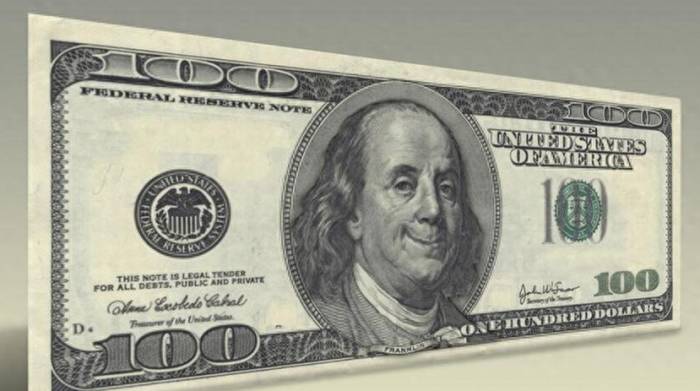
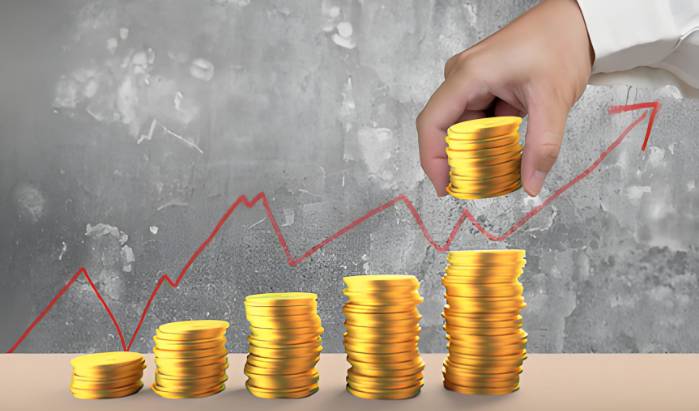


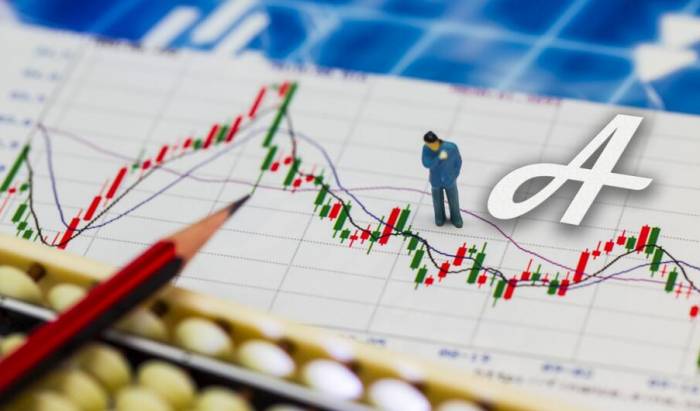
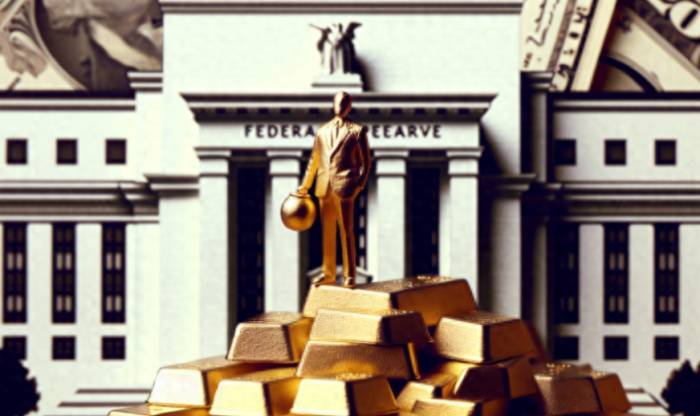

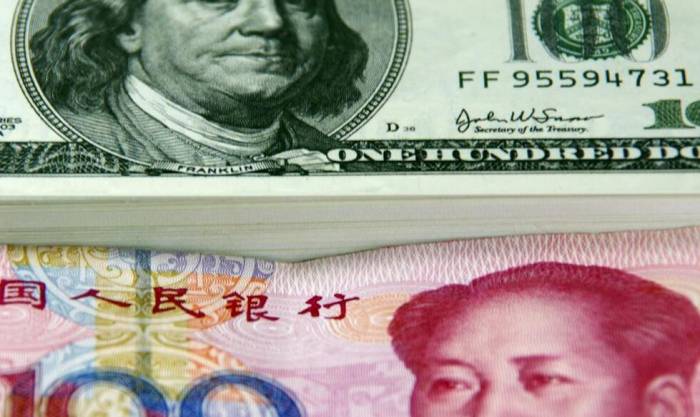
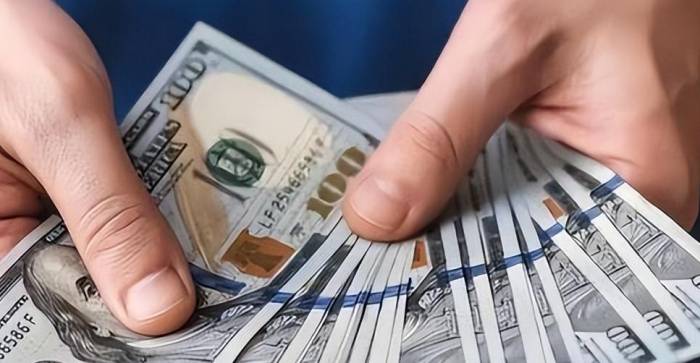



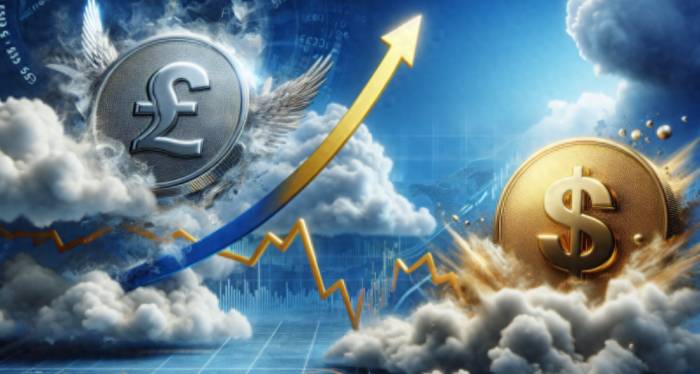




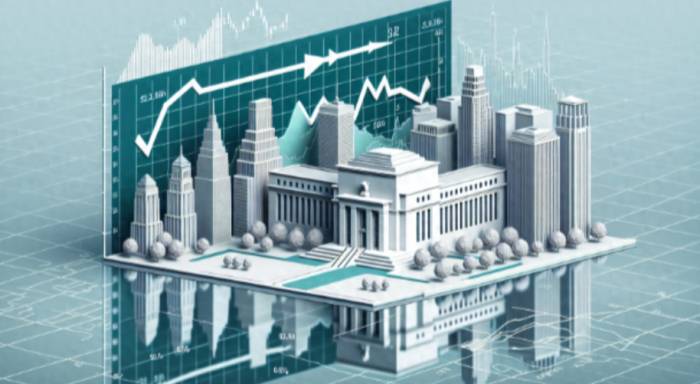
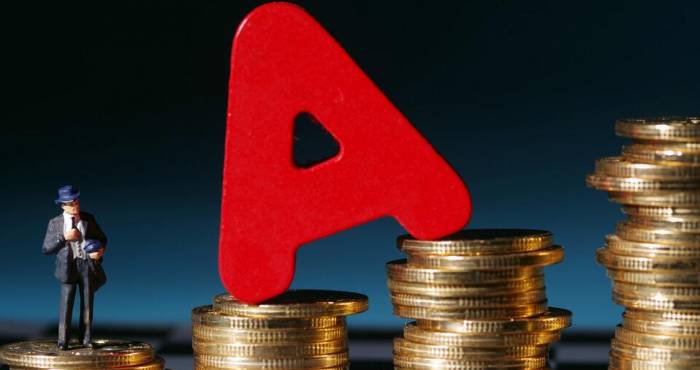

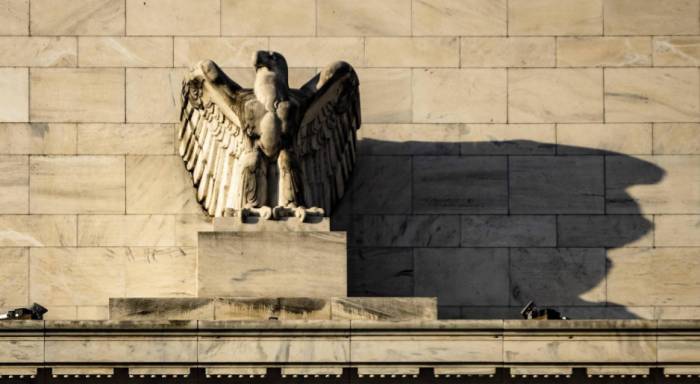





Share Your Comment
hare your unique insights